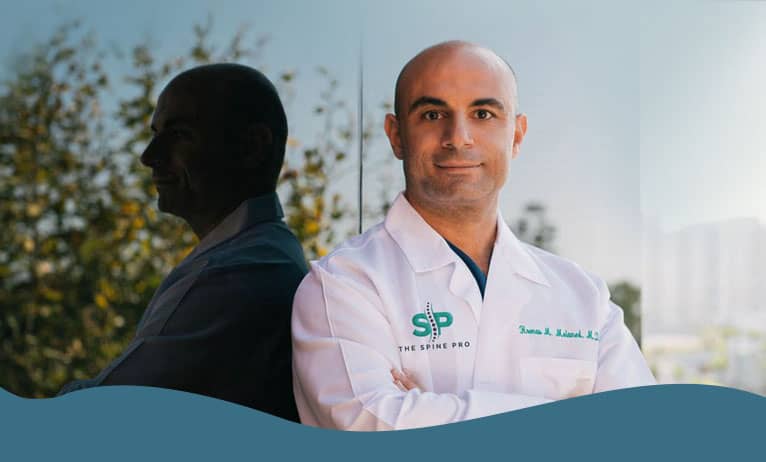Do Herniated Discs Heal on Their Own?
Experiencing a herniated disc can be a distressing and painful event, often affecting every aspect of daily life. The good news is that not all herniated discs require surgical intervention. In many cases, these injuries can heal on their own with the right care and precautions. Here’s what you need to know about the natural healing process of herniated discs and how to support your body through recovery.

What Causes a Herniated Disc?
A herniated disc occurs when the soft, jelly-like center of a spinal disc pushes through a tear in the tougher exterior. This protrusion can compress nearby nerves, leading to pain, numbness, or weakness in an arm or leg. While this sounds severe, the body has its own ways to mend such injuries over time.
The Natural Healing Process
The human body is equipped with remarkable healing mechanisms, and the spine is no exception. A herniated disc can gradually heal through a process called resorption. This is where the body reabsorbs the material that has herniated, reducing inflammation and relieving pressure on the nerves.
Factors Influencing Healing
1. The Size and Location of the Herniation
Smaller herniations are more likely to heal on their own. Herniations that occur in areas of the spine that receive less mechanical stress are also more prone to natural recovery.
2. Overall Health and Lifestyle
General health significantly impacts recovery. A healthy diet, adequate hydration, and regular exercise can enhance the body’s ability to heal. Smoking, on the other hand, can delay recovery, as it impedes blood flow and nutrient delivery to spinal tissues.
3. Age and Activity Level
Younger individuals with higher activity levels tend to recover more quickly due to better circulation and a more active metabolism, which contribute to faster healing.
Supporting Your Spine During Recovery
Physical Therapy
Engaging in physical therapy is crucial. A tailored exercise regimen can help maintain mobility and strengthen the muscles supporting the spine, reducing the load on the disc and facilitating healing.
Posture and Ergonomics
Improving posture and optimizing your workspace to support your back can prevent additional strain on the herniated area.
Alternative Therapies
Methods such as acupuncture or chiropractic care can provide relief and support the healing process. These should be pursued under the guidance of a professional.
Embrace a Proactive Approach to Healing
While herniated discs can heal on their own, adopting a proactive approach to treatment is essential. This includes engaging in physical therapy, maintaining a healthy lifestyle, and monitoring your symptoms closely. If your symptoms persist or worsen, it may be necessary to consult with a specialist like Dr. Hooman Melamed at The Spine Pro, who can offer expert guidance tailored to your condition.
Remember, each individual’s recovery journey is unique. By understanding the natural healing process and taking active steps to support your body, you can navigate the challenges of a herniated disc and move toward a healthier, pain-free life.






